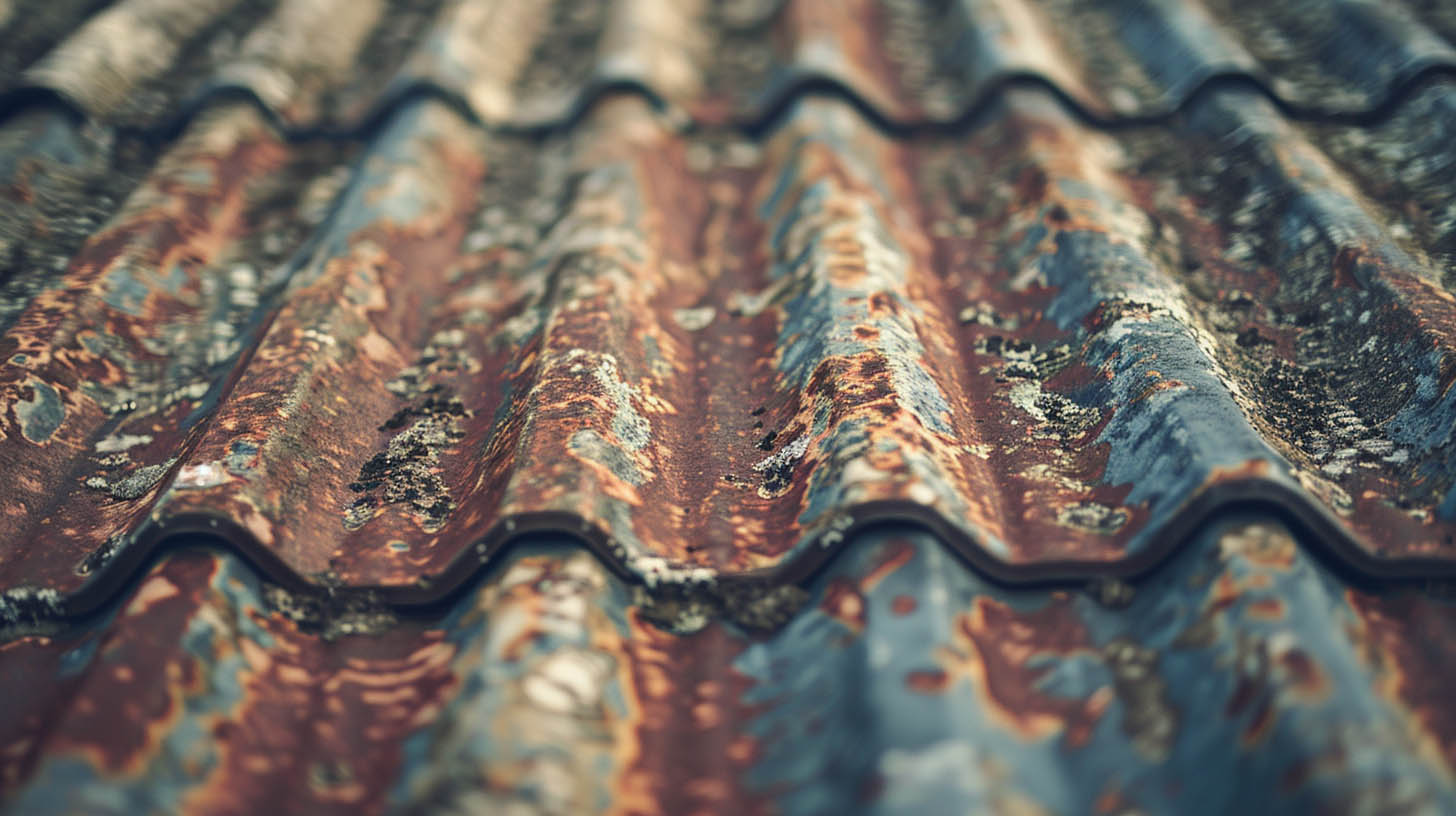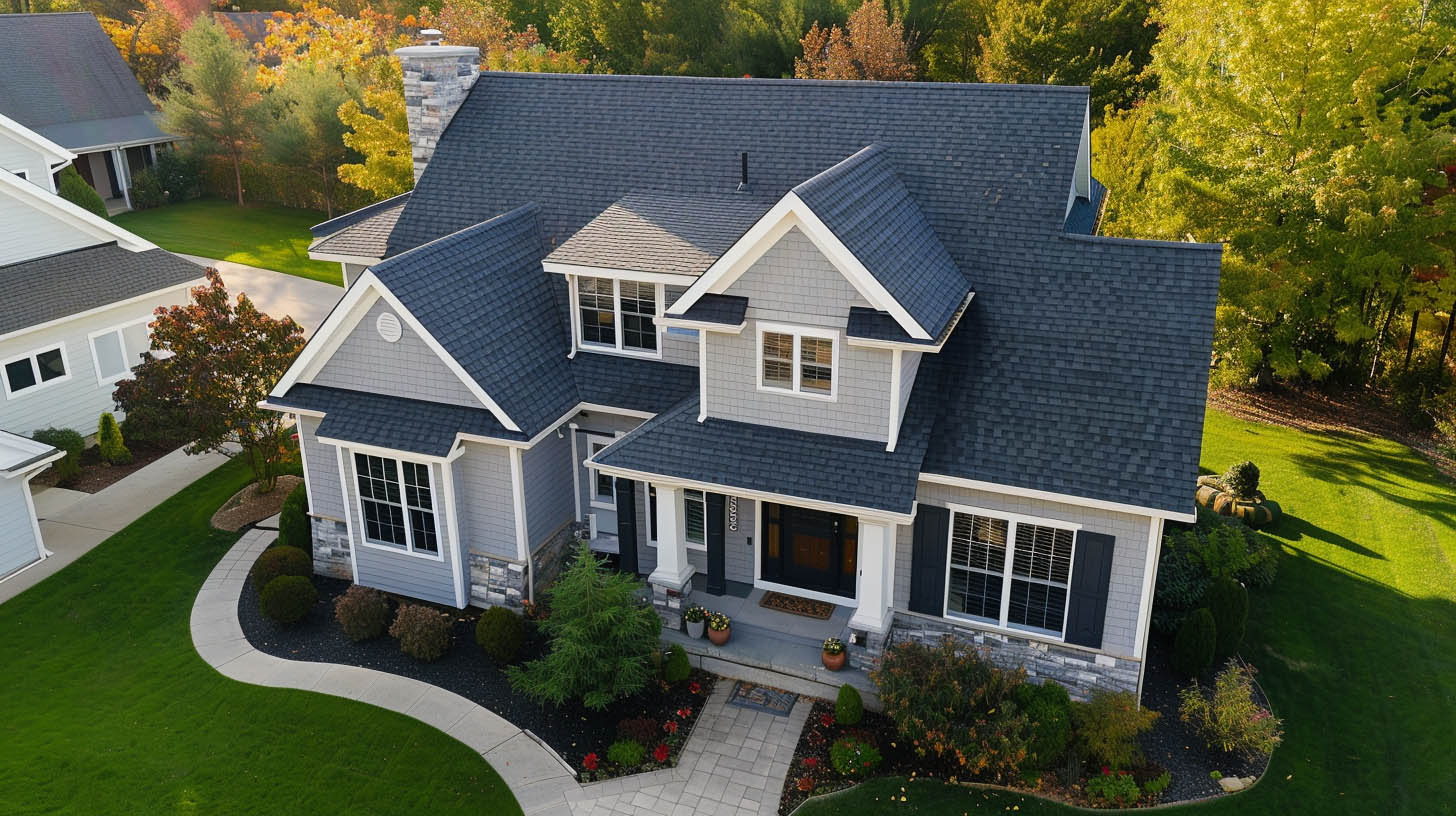
Understanding Wi-Fi Signal Transmission
Wi-Fi connectivity in homes primarily relies on the transmission of signals from a router. Concerns have been raised about whether a metal roof could interfere with this signal, potentially degrading internet quality. However, it’s important to clarify that the material of your roof does not directly affect the Wi-Fi signals within your home. These signals are transmitted from your router, which is located inside your home, and thus, the signal’s strength and coverage are unaffected by the roofing material above. Several factors can influence the quality of your Wi-Fi connection, including the router’s location, the size of your home, and the router’s technology. To enhance Wi-Fi signal strength, consider optimizing the placement of your router and investing in a modern, high-capacity router that can better manage the demands of today’s high-speed internet activities.Metal Roofing and Cell Phone Reception
The impact of metal roofing on cell phone reception is a common concern among homeowners considering this roofing option. It’s a valid question, given that metal can, in theory, reflect or obstruct radio waves, which are the basis of cell phone signals. However, the reality is much less worrisome than some might assume. Cellular signals are received from towers located outside your home, and these signals can penetrate various materials, including metal, to reach your device. The presence of a metal roof is unlikely to significantly hinder this process, especially if the cell signal strength in your area is already robust. In urban and suburban settings, where cell towers are abundant, metal roofing typically does not lead to noticeable degradation in cell phone reception. For homes in areas with weaker cell signal strength, advancements in technology offer solutions. Most modern smartphones can connect to Wi-Fi networks to place calls and send messages, bypassing the need for a strong cellular signal. Additionally, cellular boosters can enhance reception in areas with poor coverage.Maximizing Digital Connectivity with Metal Roofing
Choosing metal roofing for your home does not mean sacrificing digital connectivity. To ensure optimal Wi-Fi and cell phone reception, consider the following tips:- Router Placement: Position your router centrally within your home, away from large metal objects and appliances that could interfere with the signal.
- Signal Boosters: For homes in areas with weak cellular signals, investing in a signal booster can enhance reception, ensuring that calls and messages can be made reliably.
- Wi-Fi Calling: Enable Wi-Fi calling on your smartphone, allowing you to make calls and send texts over your Wi-Fi network, providing a reliable alternative to cellular signals.


